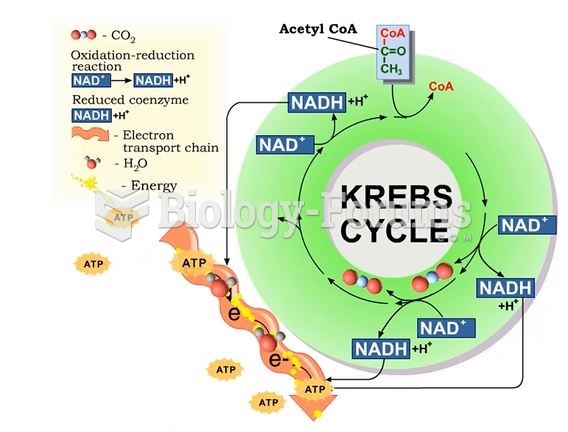|
|
|
The liver is the only organ that has the ability to regenerate itself after certain types of damage. As much as 25% of the liver can be removed, and it will still regenerate back to its original shape and size. However, the liver cannot regenerate after severe damage caused by alcohol.
Hippocrates noted that blood separates into four differently colored liquids when removed from the body and examined: a pure red liquid mixed with white liquid material with a yellow-colored froth at the top and a black substance that settles underneath; he named these the four humors (for blood, phlegm, yellow bile, and black bile).
When blood is exposed to air, it clots. Heparin allows the blood to come in direct contact with air without clotting.
There are 20 feet of blood vessels in each square inch of human skin.
It is difficult to obtain enough calcium without consuming milk or other dairy foods.







